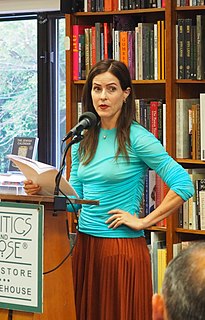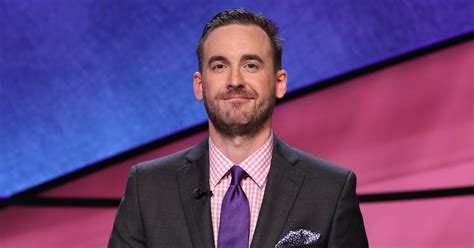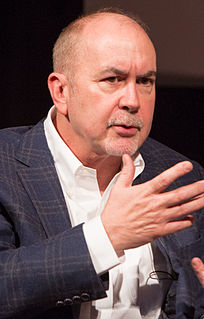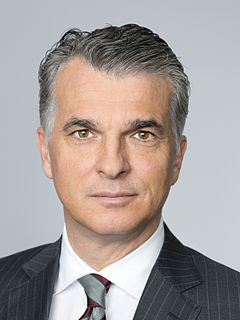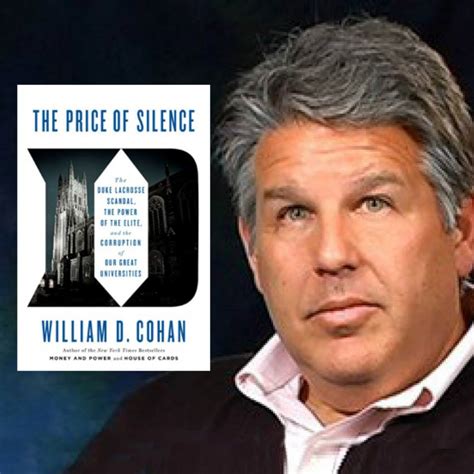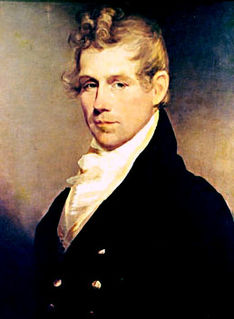A Quote by Bethany McLean
So Merrill Lynch has launched its first campaign in years to advertise the accomplishments of its investment banking business. The ads feature things like Merrill's recapitalization of Sierra Pacific. I guess including "helping Enron achieve its earnings goals in 1999" might be a little awkward given that Merrill Lynch bankers are currently on trial in Houston for that "accomplishment."
Related Quotes
Hey, guess what? Turns out the free market? Not so free. Wall Street was hit hard Monday when Lehman Brothers filed for bankruptcy, Merrill Lynch was sold to Bank of America, and insurance giant AIG neared a collapse of its own. Basically, if your commercials air during golf tournaments, you're done.
In truth, it's not the shareholders of the American International Group who benefited most from its bailout; they were mostly wiped out. The great beneficiaries have been the creditors and counterparties at the other end of A.I.G.'s derivatives deals - firms like Goldman Sachs, Merrill Lynch, Deutsche Bank, Societe Generale, Barclays and UBS.
[The U.S. Treasury] can borrow basically unlimited amounts. They can stay there for years and years. These assets will be worth more money over time. So when Merrill Lynch sells a bunch of mortgage-related assets at 22 cents on the dollar like they did a month or so ago, the buyer goes - is going to make money, and he's going to make a lot more money if it happens to be an institution like the U.S. government which has very, very cheap borrowing costs.
The dirty little secret of what used to be known as Wall Street securities firms-Goldman Sachs, Morgan Stanley, Merrill Lynch, Lehman Brothers, and Bear Stearns-was that every one of them funded their business in this way to varying degress, and every one of them was always just twenty-four hours away from a funding crisis. The key to day-to-day survival was the skill with which Wall Street executives managed their firms' ongoing reputation in the marketplace.
